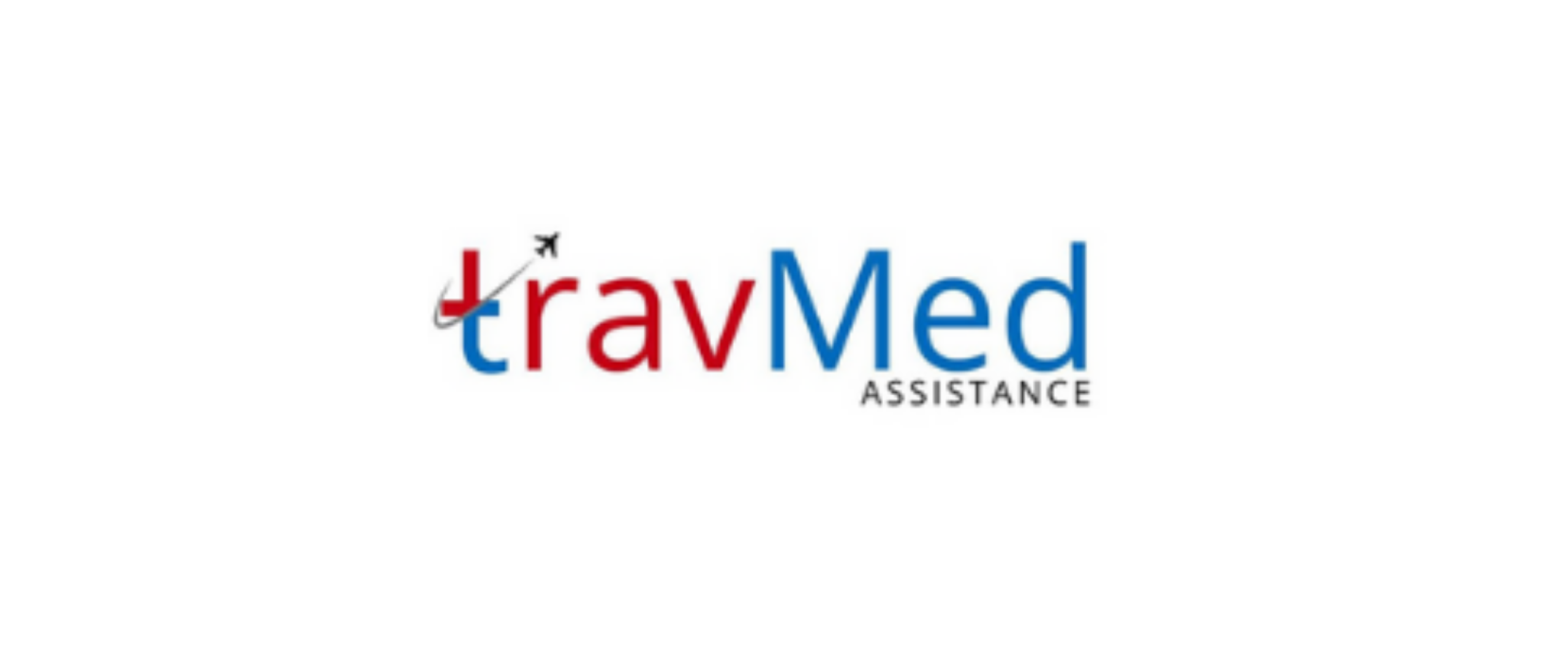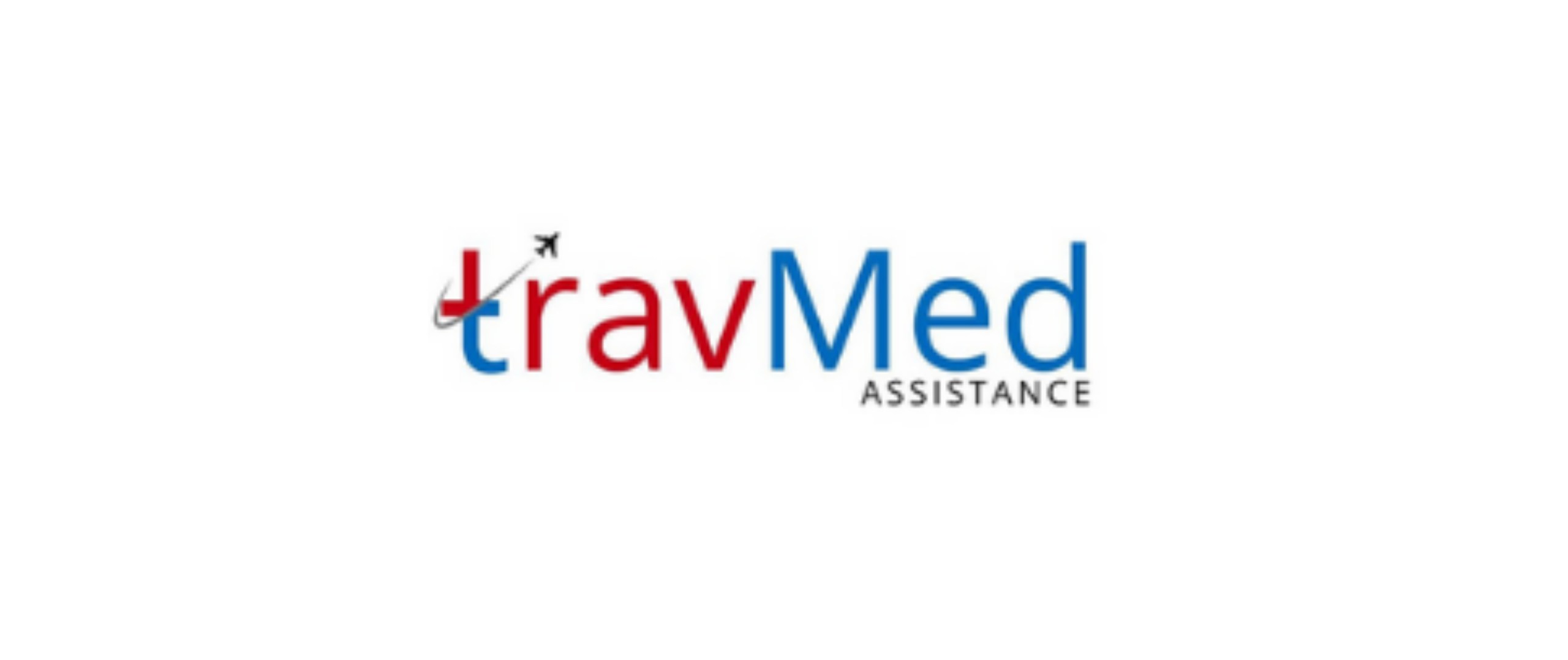
Legal support for travel emergencies in Nepal encompasses a range of services designed to assist travelers facing unexpected legal issues during their stay. This support includes legal advice, representation, and assistance with navigating the Nepalese legal system. Travelers may encounter various situations requiring legal support, such as visa problems, accidents, theft, or disputes with local authorities. Legal support providers in Nepal offer expertise in local laws and regulations, helping foreign visitors understand their rights and obligations. These services aim to resolve legal issues efficiently, allowing travelers to continue their journey with minimal disruption. Legal support for travel emergencies often involves coordination with embassies, local law enforcement, and other relevant authorities to ensure comprehensive assistance for travelers in need.
Who provides legal support in travel emergencies?
In Nepal, legal support for travel emergencies is provided by various entities and professionals. These include:
- Law firms specializing in international and travel-related legal issues
- Legal aid organizations focusing on assisting foreign visitors
- Embassy and consulate legal departments
- Travel insurance companies with legal support services
- Independent lawyers with expertise in travel-related legal matters
- Legal assistance hotlines operated by tourism boards or government agencies
- Non-governmental organizations (NGOs) offering legal support to travelers
- Travel assistance companies with dedicated legal support teams
These providers offer a range of services tailored to the specific needs of travelers facing legal emergencies in Nepal. Many of these organizations have multilingual staff to facilitate communication with foreign visitors and ensure effective legal support.
How does legal support work in Nepal?
Legal support for travel emergencies in Nepal typically follows a structured process:
- Initial contact: Travelers reach out to a legal support provider through phone, email, or in-person visits.
- Assessment: The provider evaluates the traveler’s situation and determines the appropriate course of action.
- Legal advice: Providers offer guidance on relevant Nepalese laws and potential solutions.
- Documentation: Necessary legal documents are prepared and filed with relevant authorities.
- Representation: If required, legal professionals represent the traveler in court or during negotiations.
- Coordination: Support providers liaise with embassies, local authorities, and other relevant parties.
- Resolution: The legal issue is addressed and resolved to the best possible outcome.
- Follow-up: Providers ensure all legal matters are concluded and provide any necessary post-resolution support.
Throughout this process, legal support providers in Nepal work to protect the traveler’s rights and interests while navigating the complexities of the local legal system.
What documents are needed for legal support?
To receive effective legal support for travel emergencies in Nepal, travelers should have the following documents readily available:
- Valid passport and visa
- Travel insurance policy documents
- Police reports (if applicable)
- Medical records (if relevant to the legal issue)
- Copies of any contracts or agreements related to the emergency
- Photographs or video evidence (if applicable)
- Witness statements (if available)
- Receipts or financial records related to the incident
- Power of attorney (if someone else is acting on behalf of the traveler)
- Relevant correspondence with local authorities or involved parties
- Translated copies of important documents (if not in English or Nepali)
Having these documents prepared can significantly expedite the legal support process and improve the chances of a favorable resolution to the travel emergency.
How much does legal support for travel emergencies cost?
The cost of legal support for travel emergencies in Nepal varies depending on several factors:
- Complexity of the legal issue
- Duration of the required assistance
- Type of legal services needed (advice, representation, document preparation)
- Experience and reputation of the legal support provider
- Location within Nepal (urban areas may have higher costs)
- Urgency of the situation
Some general cost ranges for legal support in Nepal include:
- Initial consultation: NPR 2,000 – NPR 5,000 (approximately $15 – $40 USD)
- Hourly rates for legal services: NPR 5,000 – NPR 15,000 (approximately $40 – $120 USD)
- Flat fees for specific services: NPR 10,000 – NPR 100,000 (approximately $80 – $800 USD)
It’s worth noting that some travel insurance policies may cover legal support costs, and certain organizations offer pro bono or reduced-cost services for travelers in dire situations.
How long does it take to get legal support?
The time required to obtain legal support for travel emergencies in Nepal can vary significantly based on the nature and complexity of the issue. Generally, the process unfolds as follows:
- Initial response: Most legal support providers aim to respond to inquiries within 24-48 hours.
- Preliminary assessment: 1-3 days for evaluating the case and providing initial advice.
- Document preparation: 2-7 days, depending on the complexity and required paperwork.
- Legal proceedings: Can range from a few days to several weeks or months for complex cases.
- Resolution: Varies widely, from a few days for simple matters to several months for court cases.
Factors affecting the timeline include:
- Availability of necessary documents and evidence
- Cooperation of involved parties
- Court schedules and backlogs
- Complexity of Nepalese legal procedures
- Language barriers and translation requirements
Legal support providers in Nepal often prioritize travel emergency cases to expedite the process whenever possible.
Are services available for foreign travelers?
Legal support services in Nepal are indeed available for foreign travelers. Many providers specifically cater to the needs of international visitors, offering:
- Multilingual support in English and other major languages
- Expertise in immigration and visa-related issues
- Familiarity with international legal conventions and treaties
- Experience in dealing with foreign embassies and consulates
- Knowledge of cross-border legal matters
- Cultural sensitivity and understanding of foreign travelers’ perspectives
- Assistance with repatriation and travel arrangements if necessary
- Coordination with international insurance providers
- Guidance on local customs and legal norms for foreigners
These specialized services ensure that foreign travelers receive comprehensive legal support tailored to their unique circumstances while in Nepal. Many law firms and legal aid organizations in major tourist areas have dedicated departments or staff members focused on assisting international clients.
How reliable are legal support providers?
The reliability of legal support providers in Nepal varies, but many reputable organizations offer dependable services. Factors contributing to reliability include:
- Accreditation by the Nepal Bar Association
- Years of experience in handling travel-related legal issues
- Positive reviews and testimonials from previous clients
- Affiliations with international legal networks
- Transparency in pricing and service offerings
- Clear communication and regular updates on case progress
- Adherence to professional ethics and confidentiality standards
- Expertise in relevant areas of Nepalese law
- Track record of successful case resolutions
To ensure reliability, travelers can:
- Research providers through online reviews and forums
- Seek recommendations from embassies or reputable travel organizations
- Verify credentials and professional memberships
- Request references from previous clients
- Clarify all terms and conditions before engaging services
While most established legal support providers in Nepal strive to maintain high standards, it’s advisable for travelers to exercise due diligence when selecting a provider for their specific needs.
Can legal support handle urgent travel issues?
Legal support providers in Nepal are equipped to handle urgent travel issues, offering expedited services for time-sensitive matters. These may include:
- Visa extensions or resolutions for overstay situations
- Assistance with lost or stolen passports
- Legal representation for travelers in police custody
- Emergency travel document procurement
- Rapid response to accidents or injuries requiring legal intervention
- Immediate legal advice for critical situations
Many providers offer:
- 24/7 emergency hotlines for urgent cases
- Priority handling of critical travel-related legal matters
- Expedited document preparation and filing
- Rapid deployment of legal representatives to traveler locations
- Fast-track coordination with relevant authorities
- Immediate liaison with embassies for consular support
While the Nepalese legal system may have inherent delays, experienced legal support providers can often navigate urgent issues more efficiently, leveraging their knowledge and connections to expedite processes when necessary.
How do I contact legal support providers in Nepal?
Contacting legal support providers in Nepal can be done through various channels:
- Phone: Many providers offer dedicated hotlines for travel emergencies.
- Email: Most law firms and legal aid organizations have email addresses for inquiries.
- Websites: Online contact forms are available on many providers’ websites.
- In-person visits: Office locations in major cities for walk-in consultations.
- Social media: Some providers offer initial contact through platforms like Facebook or WhatsApp.
- Embassy referrals: Foreign embassies often have lists of recommended legal support providers.
- Hotel concierge services: Many hotels can connect travelers with reputable legal support.
- Tourist police stations: Officers can provide contact information for legal assistance.
- Travel insurance helplines: Insurance providers often have partnerships with local legal support services.
- Online legal directories: Websites listing qualified lawyers and legal aid organizations in Nepal.
When contacting a provider, be prepared to briefly explain your situation and provide basic personal information. Many services offer free initial consultations to assess your case before proceeding with formal engagement.
Are services available 24/7 in Nepal?
Many legal support providers in Nepal offer 24/7 services to address travel emergencies that can occur at any time. These round-the-clock services typically include:
- Emergency hotlines staffed by legal professionals
- On-call lawyers ready to respond to urgent situations
- 24-hour email monitoring for incoming legal inquiries
- After-hours coordination with local authorities and embassies
- Immediate phone consultations for critical legal advice
- Rapid deployment of legal representatives for urgent in-person assistance
While not all providers offer full 24/7 services, those specializing in travel emergencies often have systems in place to ensure continuous support. It’s advisable to:
- Verify the availability of 24/7 services when selecting a provider
- Save emergency contact numbers before traveling
- Understand the scope of after-hours services offered
- Be aware of potential additional fees for off-hours assistance
Even if full legal services are not available 24/7, many providers offer initial guidance and support at any time, with more comprehensive assistance following during regular business hours.
How is confidentiality maintained during legal support?
Confidentiality is a cornerstone of legal support in Nepal, especially for travel emergencies involving sensitive issues. Legal support providers maintain confidentiality through various measures:
- Strict adherence to attorney-client privilege
- Secure document storage and handling procedures
- Encrypted digital communication channels
- Non-disclosure agreements with all staff members
- Limited access to case information on a need-to-know basis
- Confidential meeting spaces for in-person consultations
- Anonymous case referencing in internal communications
- Regular staff training on confidentiality protocols
- Secure disposal of physical documents
- Data protection measures for electronic records
- Confidentiality clauses in contracts with external partners or translators
Travelers can further ensure confidentiality by:
- Discussing confidentiality policies before engaging services
- Limiting information shared in public spaces or over unsecured channels
- Requesting written confidentiality agreements if needed
- Being cautious about sharing case details with third parties
Reputable legal support providers in Nepal understand the importance of maintaining strict confidentiality, especially when dealing with foreign travelers in vulnerable situations.


